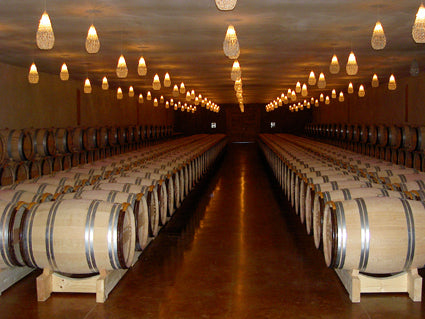
The French love of bureaucracy is no secret, but the continuing row over the St Emilion re-classification is impressive even by their standards.
Unlike the Right Bank in Bordeaux, whose classification has been set in stone since 1855 (apart from Mouton Rothschild’s promotion into the Premier Division in 1973), in St Emilion there is a full review every ten years.
Positively modern, having only been in place since the 1950s, in principal this system is practical, fair and helpful to the consumer. Factors such as reputation, soil analysis and tasting are taken into account so each wine’s status (Premier Grand Cru Classé A or B, Grand Cru Classé and Grand Cru) should be a true reflection of its quality.
So far so good. The original classification remained largely unchanged for several decades – the reviews each ten years causing little upheaval. In 1996 Angélus and Beau Séjour Bécot joined the top class of Premier Grand Cru Classé, again without ructions.
The recent review in 2006 has caused a furore of epic proportions, which has involved courts of every level and continues to this day, more than two years later. Wine is big business in Bordeaux and the potential economic cost of demotion (or failure to achieve promotion) is significant, so I guess it is worth kicking up a rumpus for those involved.
In September 2006 the new classification was announced with a wider spread of promotions and demotions than in previous reshuffles. In particular Troplong Mondot and Pavie Macquin, both Goedhuis favourites for several years, were promoted to Premier Grand Cru Classé. There were six promotions and eleven demotions from the Grand Cru Classé.
Almost immediately there were mutterings about legal challenges to the results. Without going into the details of every twist and turn of the following months, the classification was first suspended by a Bordeaux court, reinstated by the Conseil d’Etat (France’s highest administrative court) and then suspended again by another Bordeaux court. Confused?
Finally just before Christmas it looked as though the French Senate was coming to the aid of the eight originally promoted Chateaux with an amendment to a finance law. However the new year brought bad news as the amendment was thrown out by the constitutional council.
It may seem like a farce of which Molière would be proud, however the lives and livelihoods of many are at stake. It seems clear to us that Pavie Macquin and Troplong Mondot (and the other Chateaux promoted in 2006) were thoroughly deserving of their promotion. They have been dragged into this uncertainty and seemingly endless litigation by those disgruntled by their own demotion. We can only hope that the situation is quickly resolved – although that does perhaps seem naively optimistic in the circumstances.

